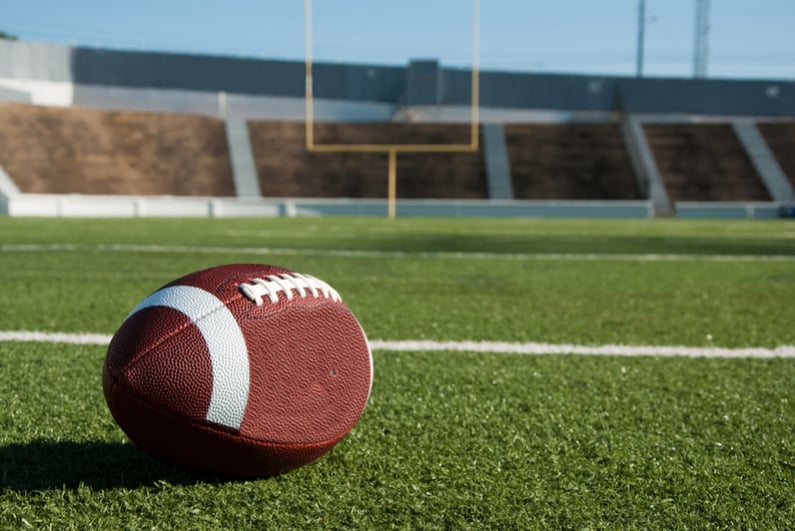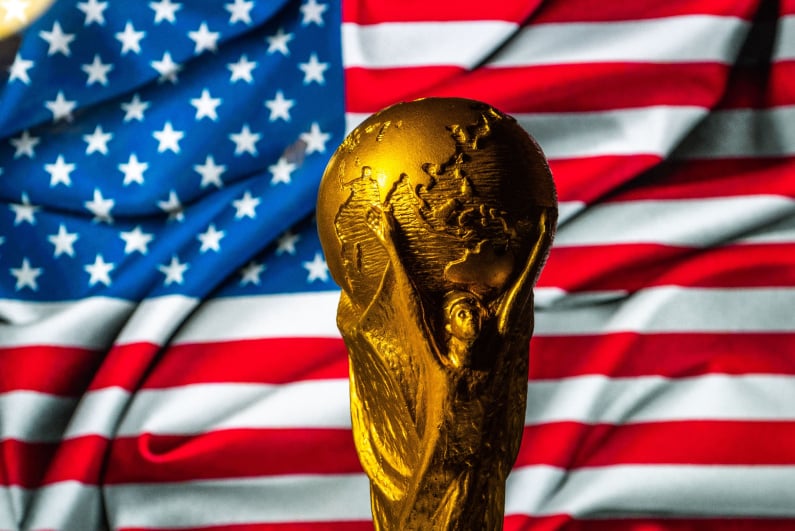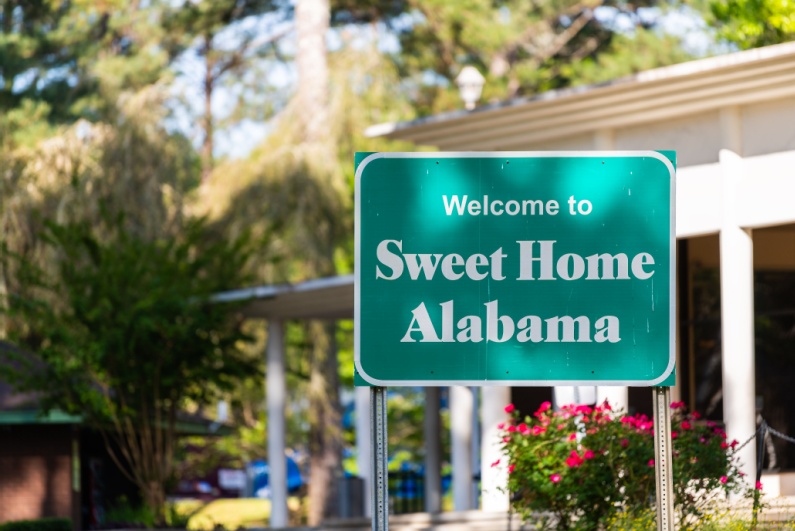30-second summary
- Top bettors could not get wagers down in time for $1 million prize
- Competitors could place bets on only two NFL divisional playoff game
- Leading professional sports bettor ends up taking third place
- DraftKings said rules will be improved for future events
The New Jersey Division of Gaming Enforcement (NJDGE) is reviewing a sports betting event after competitors were unable to make bets on an NFL game, preventing them from winning $1m (£780,000).
Last June, the state of New Jersey legalized sports betting, permitting casinos and racetracks to accept wagers on sports events.
Since then, the state has continued to expand its sports betting industry, with an announcement in August that DraftKings, a Massachusetts-based fantasy sports contest provider, would become the first operator in New Jersey to accept legal sports betting online.
In a bid to showcase the potential of the state’s sports betting future, the first ever DraftKings Sports Betting National Championship took place between Friday, January 11, and Sunday, January 13, in Jersey City. With competitors vying for a piece of the $2.5m (£1.9m) pot prize, and a top prize of $1m (£780,000), it was bound to attract a lot of attention.
Bettors had to be located in New Jersey to take part in the contest.
During the first two days of the contest, entrants could bet on anything they wanted. However, on the final day of the contest they were only permitted to bet on two NFL divisional playoff games. Here, though, is where the problems began.
Problems with betting
Under the rules, players were required to place a total of $2,000 (£1,567) in bets on Sunday’s NFL games to be eligible to win leaderboard prizes.
In the first NFL game, the New England Patriots beat the Los Angeles Chargers, 41-28. The New Orleans Saints won the second game over the Philadelphia Eagles, 20-14.
Problems became apparent when the first game took longer than expected, nearly overlapping the start of the second game. It eventually ended just a few minutes before the second game began.
The problem was that bettors could only bet on the two NFL games and those at the top of the leaderboard had most of their bankroll tied up on the first game. Because their money was locked up, they were unable to place bets on the second game. Not only that, but if they were prevented from placing a bet before the start of the second game, they were unable to do it even after their money had been credited.
According to a report from ESPN, Rufus Peabody, a professional sports bettor and former ESPN employee, was leading the competition going into the Saints-Eagles game, with a nearly $82,000 (£63,700) bankroll built with a win on an all-in wager for the Patriots-Chargers game.
However, during the four minutes after the Patriots-Chargers game ended and the Saints-Eagles game began, Peabody was continually refreshing his browser waiting for his winnings to be credited in order to make one final bet. He didn’t receive his winnings in time, meaning he was locked out of making that last bet.
Peabody, the co-founder of football analytics site Massey-Peabody, said: “I had spent the last 2.5 hours running over all the numbers. And, as it goes at the end, I was going back and forth: ‘Which one am I going to do? Am I going to pull the trigger?’ It was going to be a Saints bet of some kind or the under. Unfortunately, I didn’t get the chance.”
He eventually claimed the third prize of $330,000 (£256,000).
James Chisholm, a spokesperson for DraftKings, said in a statement: “We recognize that in the rules of the scheduled end of betting coincided very closely to the finish of the Patriots-Chargers game. While we must follow our contest rules, we sincerely apologize for the experience several customers had where their bets were not graded in time to allow wagering on the Saints-Eagles game. We will learn from this experience and improve upon the rules and experience for future events.”



